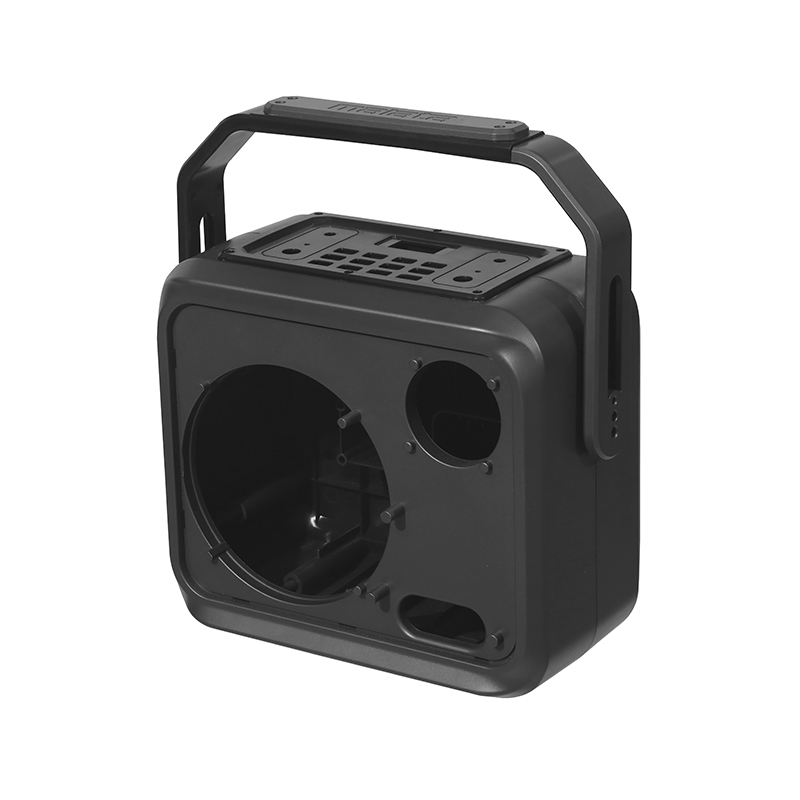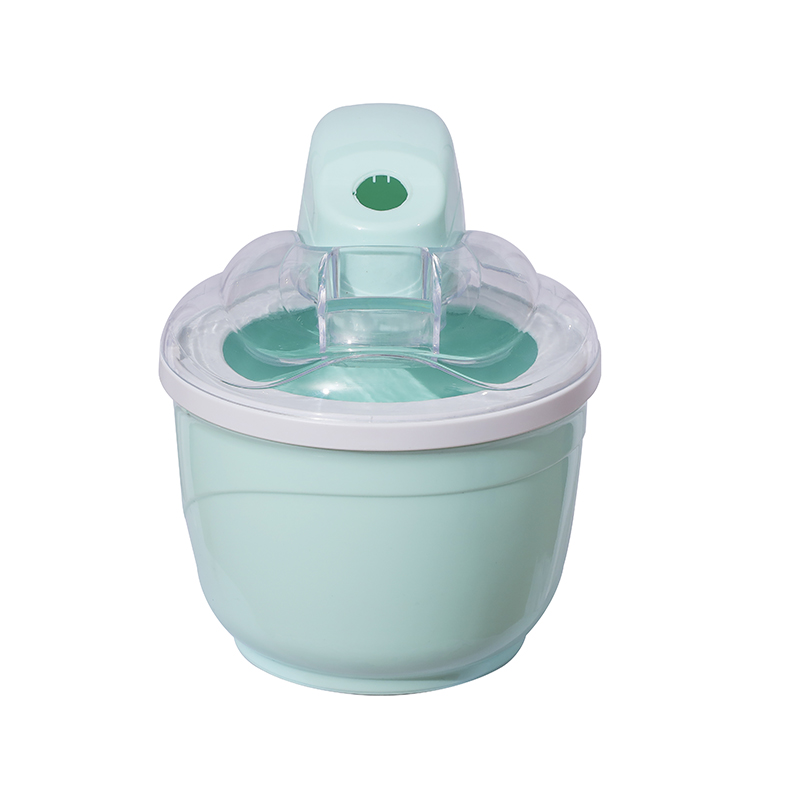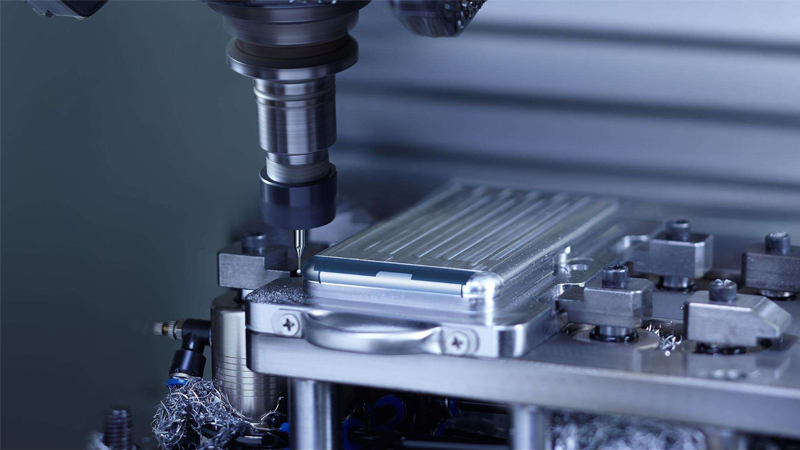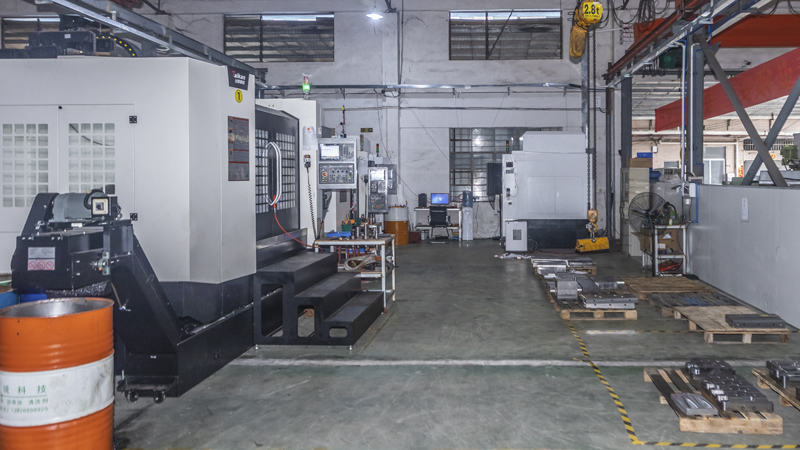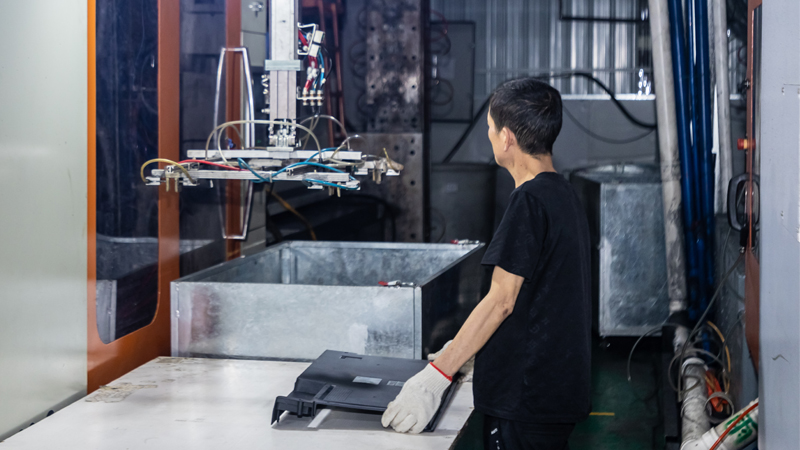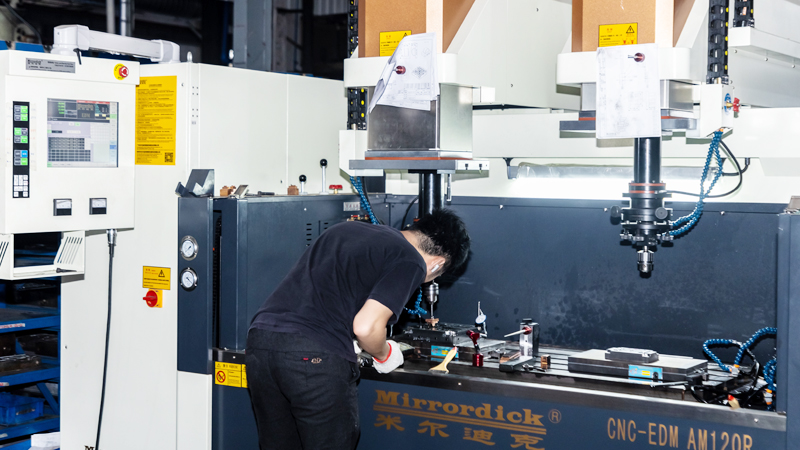The Best Products
What environmental factors affect the processing of injection molds
The influence of environmental factors on the processing of injection molds is an important consideration. The following are some environmental factors that may affect the processing of injection molds:
1. Temperature: Temperature is a key environmental factor in the processing of injection molds. The change in environmental temperature will directly affect the thermal expansion and contraction of the mold, thereby affecting the dimensional accuracy and quality stability of the product. Especially for high-temperature plastic materials, fluctuations in ambient temperature may lead to thermal stress issues in molds and products.
2. Humidity: Humidity is another important environmental factor, especially when using plastic materials with high moisture absorption. Changes in humidity can cause plastic materials to absorb moisture, thereby affecting the dimensional stability and mechanical properties of the product. During the injection molding process, changes in humidity may also cause condensation on the surface of the mold, affecting the appearance quality of the product.
3. Air quality: Injection mold processing requires the use of equipment such as air compressors, and factors such as impurities, particles, and humidity in the air may have an impact on mold processing. The particles in the air may cause scratches or defects on the surface of the mold, affecting the appearance quality of the product. Therefore, maintaining good air quality is important for mold processing.
4. Environmental cleanliness: During the processing, the surface quality of the mold and product is crucial for the appearance and performance of the product. Therefore, the injection molding workshop needs to maintain good environmental cleanliness to avoid the impact of dust, impurities, and pollutants on the molds and products.
5. Noise and vibration: Noise and vibration during the injection molding process may have an impact on the stability and lifespan of the mold. Especially during long-term operation and high-speed injection molding, noise and vibration may cause fatigue damage and deformation of the mold, leading to a decrease in machining accuracy and shortened lifespan.


